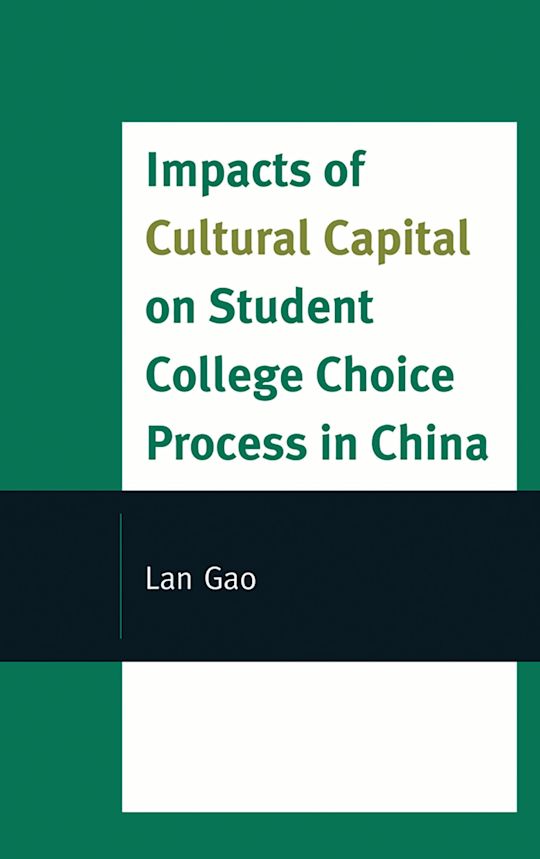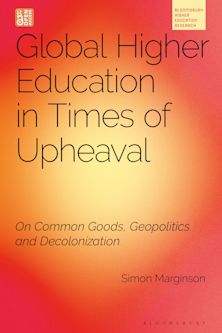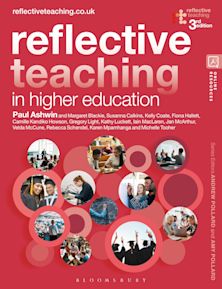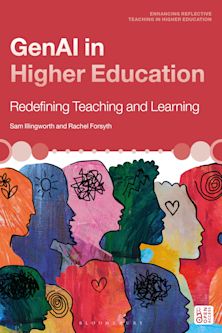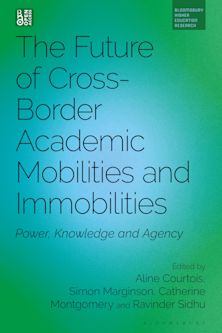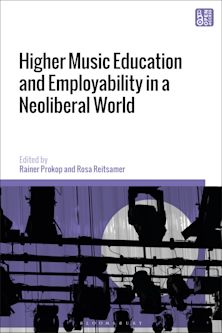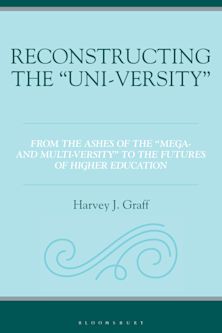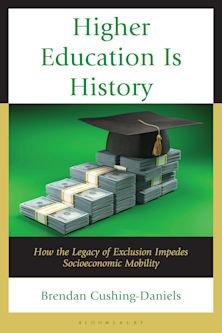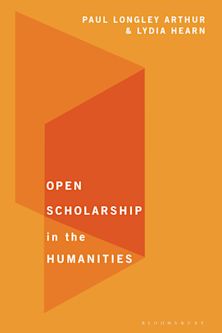- Home
- ACADEMIC
- Education
- Higher Education
- Impacts of Cultural Capital on Student College Choice in China
Impacts of Cultural Capital on Student College Choice in China
You must sign in to add this item to your wishlist. Please sign in or create an account
Description
Educational researchers have long been concerned about the factors that influence the patterns of attendance in higher education and the extent to which higher education has been accessible to all students regardless of their socioeconomic status. Extensive research has indicated that a variety of class-related factors, such as cultural capital, social capital, and economic capital, exert remarkable impacts on the amount and type of education that one receives. Drawing on cultural capital theory, this study aims at analyzing how students' college choice process varies by social class in China. By exploring different cultural and financial factors that influence different stages of students' college choice process, this study hopes to contribute to identifying the most appropriate policies and practices for raising the representation of students from the lowest social class among college participants.
Table of Contents
Chapter 2. Literature Review and Empirical Research
Chapter 3. Models of Student College Choice
Chapter 4. Social Stratification and Higher Education Opportunities in China
Chapter 5. Research Design
Chapter 6. Introduction of Wuhu and the Two High Schools
Chapter 7. Fuzhong High School Students
Chapter 8. Nancheng High School Students
Chapter 9. Cross Case Analysis
Chapter 10. Findings, Limitations, and Implications
Product details
| Published | Aug 16 2011 |
|---|---|
| Format | Ebook (Epub & Mobi) |
| Edition | 1st |
| Extent | 224 |
| ISBN | 9780739134436 |
| Imprint | Lexington Books |
| Series | Emerging Perspectives on Education in China |
| Publisher | Bloomsbury Publishing |
Reviews
-
As China, like many other countries, seeks to improve the quality of education for its citizens and long-term economic sustainability, it is important to have research to inform critical decisions. This study highlights key factors related to college-going, and I am hopeful that it will inform the design of policies aimed to increase both access and opportunity. Although the study examines China specifically, some of the implications can be applied to other cultures and nations worldwide.
Michelle Asha Cooper, President of the Institute for Higher Education Policy
-
The book includes detailed yet concise literature reviews covering major theories and studies related to cultural capital and college choice, as well as changing social stratification, educational systems, and financial assistance policies in China…. The strength of this study also lies in Gao’s careful application of cultural capital theory in Chinese contexts…. To conclude, this landmark study is a welcome addition to studies of cultural capital, educational inequality, and social stratification. Gao’s work reminds us that it is critical to reassess the meaning and the role of cultural capital in relation to a nation’s educational system and cultural contexts when examining this elusive concept.
American Journal of Sociology









